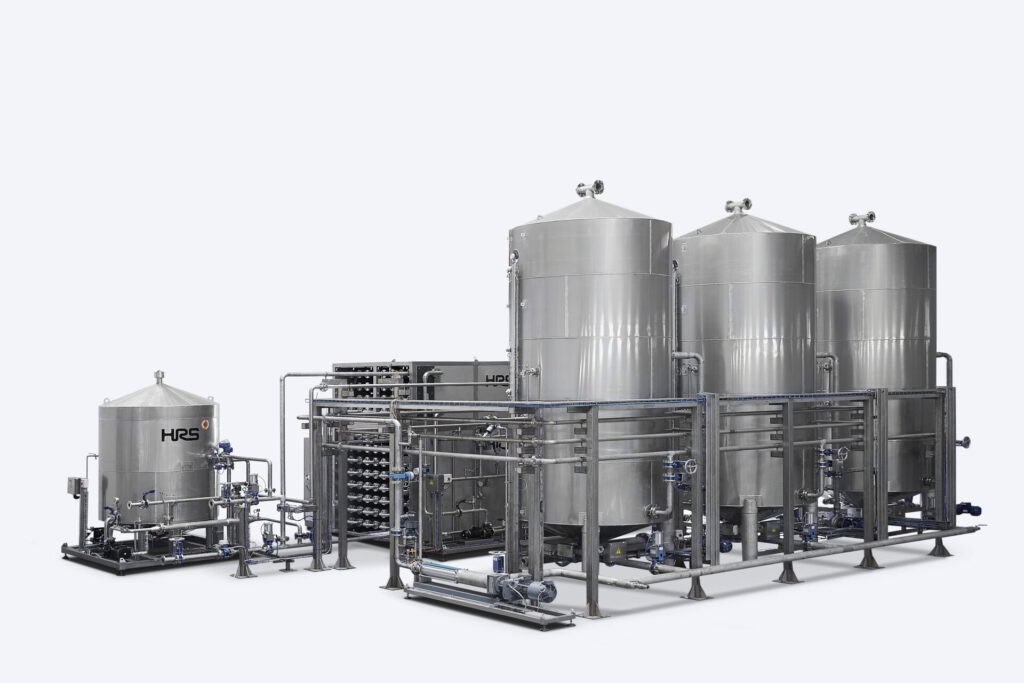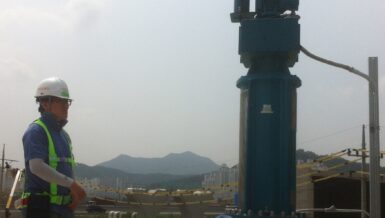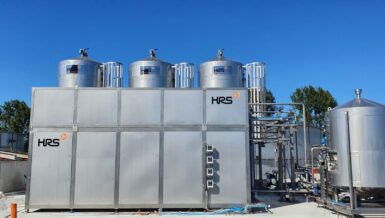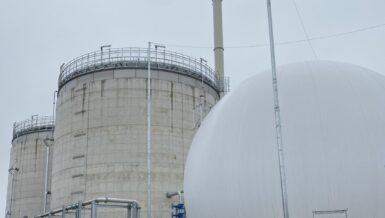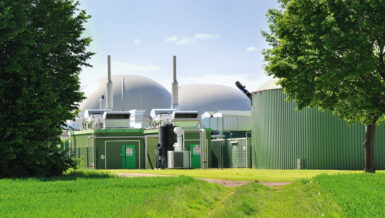Not only does the report (which has been produced in conjunction with Ofgem and the National Energy System Operator (NESO), alongside energy industry stakeholders and consumer groups) recognise that biomethane can provide long duration flexibility to the wider energy network, but it also recognises its flexibility to be used ‘across many different end-uses, including industry, transport, and low carbon dispatchable power generation at gas-fired power plants’ as well as its potential to decarbonise heating.
As a supplier of equipment to developers and operators of anaerobic digestion (AD) and biomethane plants in the UK and worldwide, HRS also welcomes the ambition to consult on ‘a holistic future policy framework for biomethane [next year], to follow the current Green Gas Support Scheme, which closes to new applications in March 2028. This will include consideration of biomethane’s role in dispatchable power generation.’
Reacting to the roadmap, HRS Global Key Account Manager Matt Hale, commented:

“HRS has always argued that the efficiency of all parts of the anaerobic digestion process should be fully optimised (including net gas and power production, and the utilisation of digestate and other additional products) and we hope that any future policy consultation will recognise the role that technologies such as digestate pasteurisation and concentration have in truly embedding AD in a low carbon, circular economy.”

Dr Gareth Mottram, Policy Lead at the Anaerobic Digestion and Bioresources Association (ADBA), the trade body for the biogas industry in the UK, said: “The flexibility roadmap is a massive shift for the government. Up to this point the focus of biomethane has been on a domestic heat front. For the first time, a government document makes the case that it is desirable to generate biomethane injected into the gas networks and use this for inter seasonal and peak balancing in existing gas turbine power plants.”



